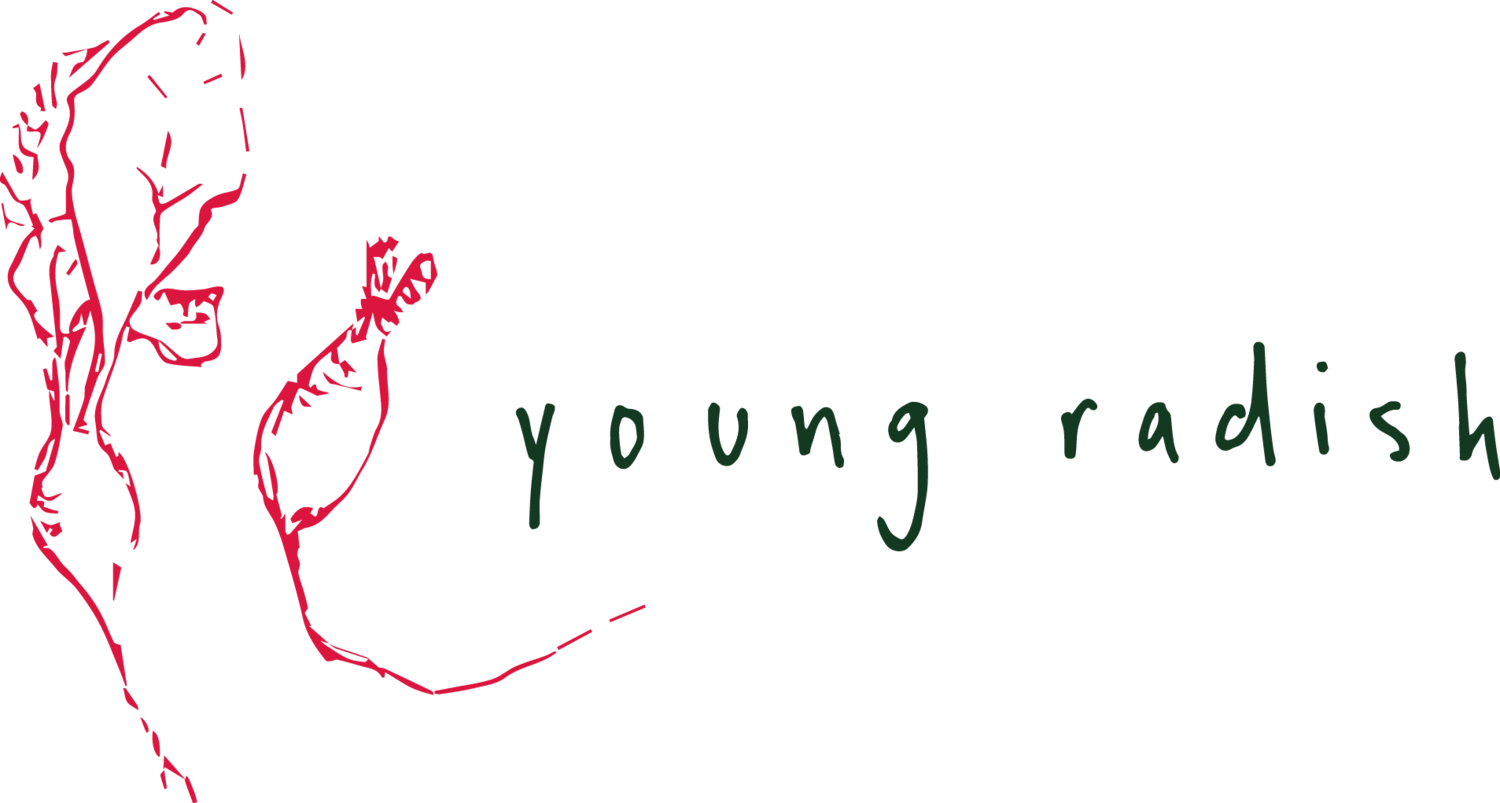Samson Gelber
Text from my dad and Josh Lambert
מאַי אין מיכאַלעשיק
װאָס טוט איצט אין מיכאַלישעק דער מאַי, אױב ניט צו װייזן
אַז בעז איז דאָ די ערשטע בלום פון עלנט. דודס האַרף
אינ װינט שפּילט אַן אָדע צו יידיש, אָן יידן. אָ,
אױסגעלאַכט, אױסגעװיינט מאַמע-יידיש, פּשוט
װי די שטיינער װאָס האָבן געצאָרנט דורך
די װילנער און װאַרשעװער געטאָס. אָװנט.
די זון פאַרגייט דאָ װי אַ שריפה
פון שייטערהױפנס. נאַכט. שטערן
צינדן יאָרצייט-ליכט אין די
חרובע געסעלעך,
נאָך די קדושים.
יידיש, מיין ערשט
געשריי, מיין
לעצט--קוש.
-Menke Katz
Anger in Mikhalishek
What is the point of May in Mikhalishek? Solely to show.
That the lilacs are the herald of the misery here.
The songs in the wind sing for Yiddish, absent the Jews.
Mocked at, attacked and hated for mother Yiddish.
Ordinary, as the rocks that flew raging
into the Vilna and Warsaw ghettos.
Sunsets are blazing like wildfires
that burn Yiddish. The moonlit night
lights candles of memory
in the demolished streets.
For the brave martyrs
of our Yiddish.
My first shout,
last caress.
Yiddish.
-Translated from Yiddish by Sam
Sadness in Mikhalishek
What is the joy of May here in Mikhalishek— home—if it
shows that flowers of spring are the first hints of despair now.
The songs of David’s harp sing for Yiddish, unheard songs.
The mockery toward Mother Yiddish brings tears,
just as the fury and rancor that rage at
the Yiddish kin and communities do.
The sunset is as a fire, burning.
Until it is replaced by the
woeful shroud of night. That lights
candles in ruined streets.
For Jews who perished.
Yiddish: my first
words, my last
sad tears.
-Translated from Yiddish by Sam
Translator’s Statement
Menke Katz wrote “May in Mikhalishek,” the poem that I translated, in Yiddish. Menke Katz’s hometown was Mikhalishek, Belarus where he spent his childhood. He lived from 1906 to 1991. In 1920, his family moved to New Jersey and his first poem was in 1925, in an edition called “Spartak,” or Spartacus. In 1978, he moved to New York and was part of the “Leftists” until he left them when the Soviets killed some Yiddish writers. In the selection of Menke Katz’s poems published on Asymptote, where I found “May in Mikhalishek,” the poems are either top-heavy or bottom-heavy in terms of syllables/space per line and are triangular.
He gave up Communist realism for an idealistic and “dreamlike” view of life in the Shtetl. He then opposed the partisanship in the Yiddish written world and wrote in English. Menke Katz wrote the poem in the triangular sonnet format as a way to have, “Highly formal poetics” without using rhymes, which he hated. He initially wrote with that format in English. Six months before his death, in April of 1991, he had a dream where his dead mother told him to go back to writing in English and I am presuming that he wrote this poem around that time. (He started writing in English in 1956.)
This translation was a new experience for me. I stepped out of my comfort zone and used a literal translation that was given to me by a translation mentor found by a classmate’s acquaintance from synagogue, and made two translations that touched on different aspects of the poem.
In my first translation, I focused on the anger against Yiddish, and in the second poem, I focused on the sadness that the poem displayed. In both poems, I did not focus on any rhyme scheme. I did see some rhymes but I chalked it up to just some unintentional rhyming. My decision not to make a rhyming scene was validated when I looked at the translation note on the asymptote website and it said that the poet did not like rhyming.
I had difficulty thinking of the idea for the second poem but I eventually thought of my idea. Another challenge was that in the first poem, I did not really focus on the rhyme structure that much and I tried to have the format of 15 syllables per line then 14 per line then 13, and so on but I wasn't able to completely adhere to that syllable count. Eventually, in the peer revision process, I was able to get the syllable structure. When I was fixing the syllable count, I had to make some changes to the first poem to make the lines adhere to the structure. The line, “The sunsets are flaming like wildfires,” had one too many syllables so I had to remove “The” to get the count down and also replaced “Flaming” with “Blazing”. As Madhu Kaza said, “Translation is an act of hospitality.” I tried to provide that hospitality and to do justice to that poem during the translation process.
For the blackout poem, I made the choice of not including a funny family story because it was not relevant. I focused on the Yiddish words that remain in the American vocabulary and how Yiddish has declined in many places due to assimilation. When I interviewed my dad, it made me feel somewhat detached but somewhat connected to Yiddish at the same time. On one hand, my knowing only a little Yiddish and the fact that most of my Jewish family immigrated over 100 years ago made me feel detached but the Yiddish words that many other people and I use frequently made me feel connected.
Bibliography
“Four Poems - Asymptote.” Asymptote Journal, https://www.asymptotejournal.com/poetry/four-poems-menke-katz/. Accessed 24 April 2023.
Kaza, Madhu. “Editor's Note: Kitchen Table Translation - Aster(ix) Journal.” - Aster(ix) Journal, 9 August 2017, https://asterixjournal.com/note-translation/. Accessed 25 April 2023.
Vardi, David, and Joshua Fogel. “MENKE KATZ.” Yiddish Leksikon, 3 March 2019, http://yleksikon.blogspot.com/2019/03/menke-katz.html. Accessed 24 April 2023.
*
Samson Gelber is a 15-year-old 9th grader who goes to school at Meridian Academy. He lives at his house in Newton MA. He enjoys reading the news, playing board games, hanging out with friends, and petting dogs.

